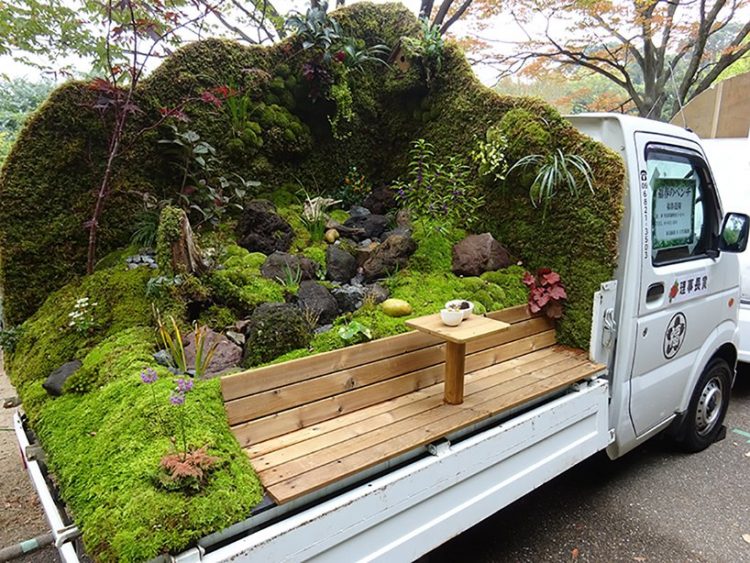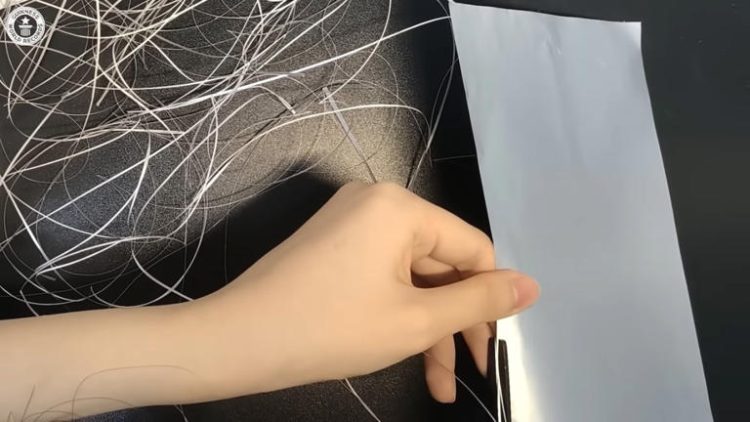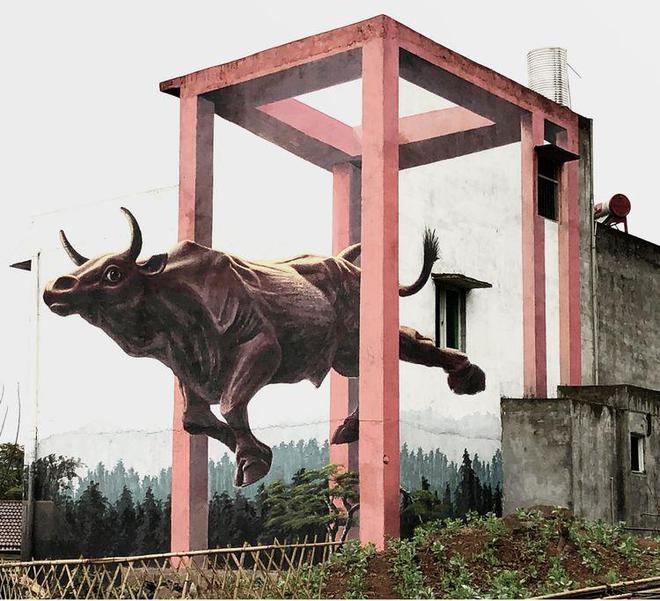Every year, landscaping experts from all over Japan get together to compete in the Key Truck Garden Contest, a unique event that has participants turning the beds of mini trucks into the most impressive miniature gardens they can.l The results are nothing short of awe-inspiring.
The Kei Truck, or “kei-tora”, is a small yet practical utility vehicle invented in Japan, but used throughout Asia, primarily in construction and agriculture. It’s been a part of Japanese culture for decades, and people love it because it provides plenty of space and it’s easy to maneuver on narrow streets. But once a year, Key trucks take center stage as canvases for ingenious landscaping masterpieces, during the Key Truck Garden Contest, a special event sponsored by the Japan Federation of Landscape Contractors. As you can see in the photos below, these mobile miniature gardens are something else!
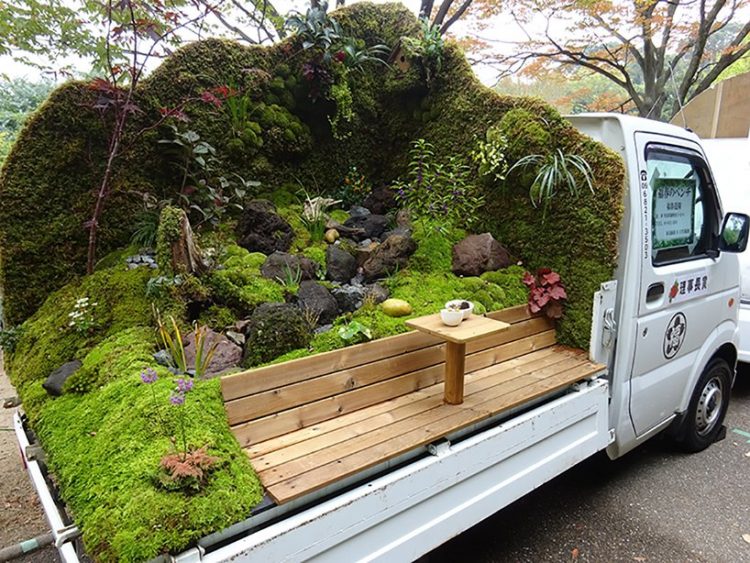
Photo: Zoenren-Osaka
Landscaping artists taking part in the yearly Key truck gardening contest arrive on site with unadorned trucks and have a few hours to turn their cargo beds into impressive miniature ecosystems. There are few limitations, so competitors often let their imagination run wild, incorporating elements like aquariums, miniature waterfalls or even functional lighting. A panel of judges rank the entries based on criteria like planning, expression, design and execution.
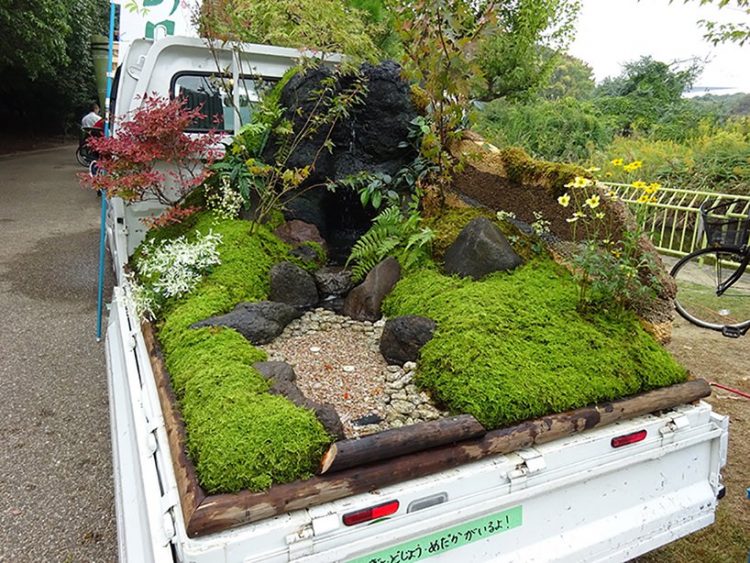
Photo: Zoenren-Osaka
Traditional Japanese gardens are considered among the most beautiful in the world, so it’s no wonder that many of the entries in the yearly Key truck gardening contest often include classic elements like pebble paths, bonsai, bamboo, moss beds or traditional sliding screen doors.
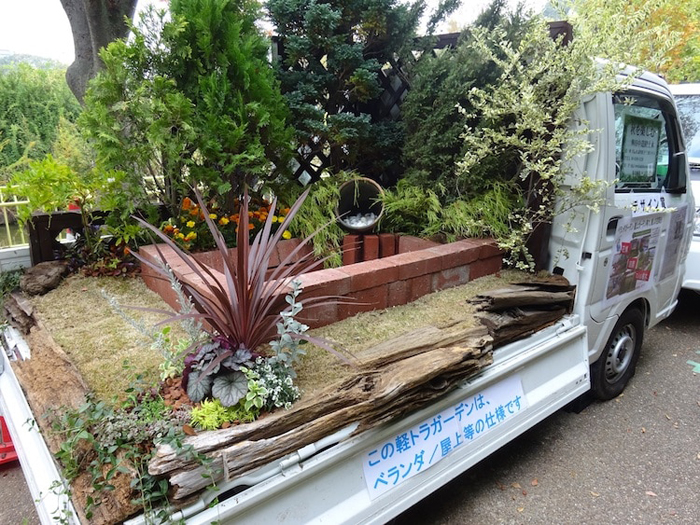
Photo: Zoenren-Osaka
Last year’s contest was held in April, but considering that the Covid-19 pandemic hasn’t spared Japan, the 2020 edition will most likely be cancelled, or postponed at best.
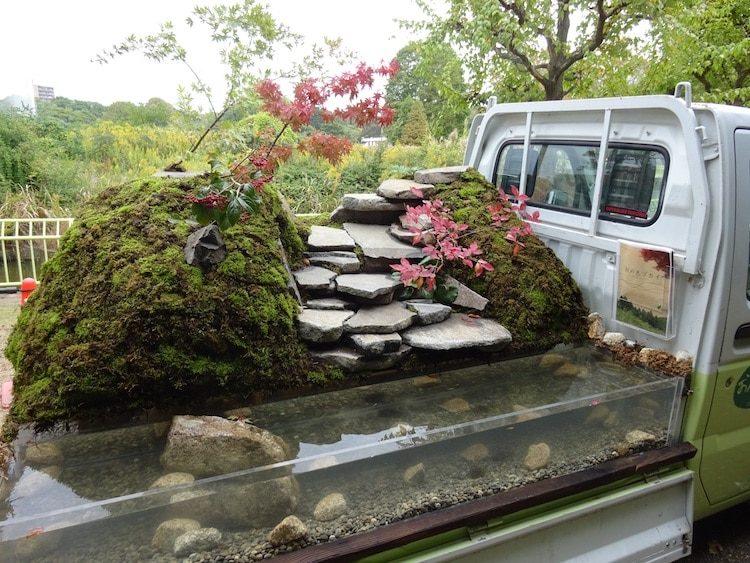
Photo: Zoenren-Osaka
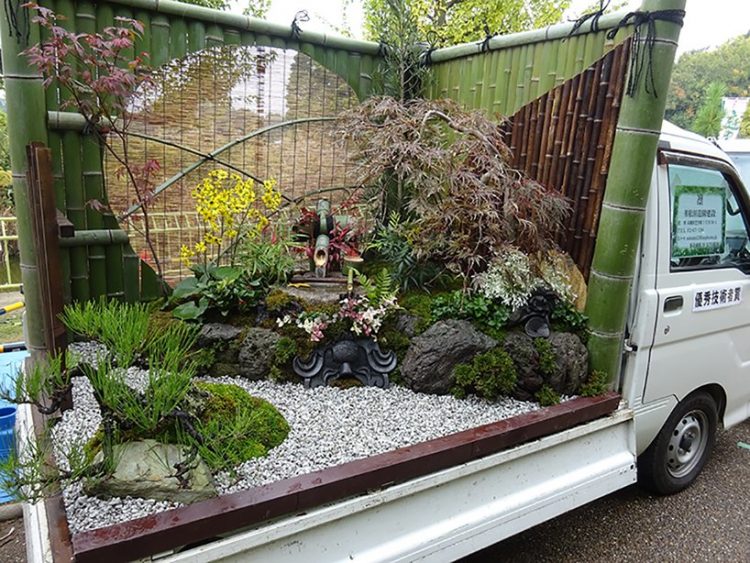
Photo: Zoenren-Osaka
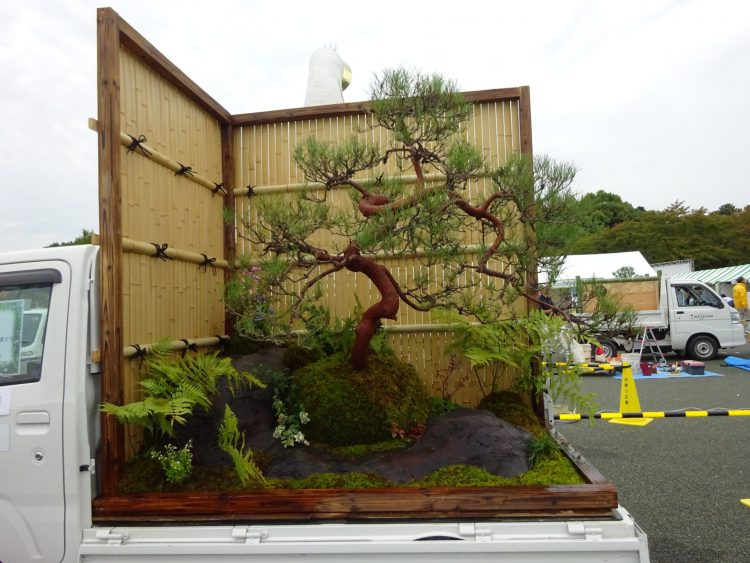
Photo: Zoenren-Osaka
Source: Zoenren-Osaka via Spoon-Tamago

